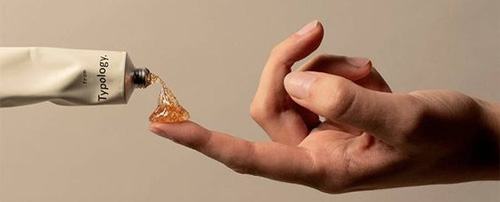Premenstrual Syndrome (PMS) affects millions of women worldwide, causing both physical and emotional symptoms in the days leading up to menstruation. While the exact cause isn’t fully understood, hormonal changes during the menstrual cycle play a significant role. Here’s a closer look at PMS, its causes, symptoms, and effective management strategies.
What Causes PMS?
PMS is primarily linked to fluctuations in estrogen and progesterone levels during the luteal phase of the menstrual cycle. Other contributing factors include:
- Neurotransmitter Changes: Hormonal shifts can impact serotonin, leading to mood swings or depression.
- Nutritional Deficiencies: Low levels of vitamins such as B6, magnesium, and calcium may exacerbate symptoms.
- Stress and Lifestyle: High stress and lack of physical activity can make symptoms more severe.
Common Symptoms of PMS
PMS symptoms vary in intensity and type, affecting each woman differently. These can be categorized as:
- Physical Symptoms:
- Breast tenderness
- Bloating
- Fatigue
- Headaches
- Muscle or joint pain
- Emotional and Behavioral Symptoms:
- Mood swings
- Irritability
- Anxiety
- Food cravings
- Difficulty concentrating
How to Manage PMS
Although PMS cannot be completely cured, there are several ways to manage its symptoms effectively:
- Dietary Adjustments:
- Eat a balanced diet rich in whole grains, fruits, vegetables, and lean proteins.
- Limit your intake of salt, sugar, and caffeine to help reduce bloating and stabilize mood swings.
- Exercise:
- Regular physical activity can boost endorphins, helping reduce cramps and mood issues.
- Stress Management:
- Engage in mindfulness techniques, yoga, or deep breathing exercises.
- Medications and Supplements:
- Pain relievers available over the counter can effectively alleviate cramps and headaches.
- Supplements like calcium, magnesium, and B6 may ease symptoms.
- Lifestyle Changes:
- Get enough sleep to boost your energy and improve your mood.
- Track your cycle to anticipate and prepare for symptoms.
When to Seek Help
If PMS symptoms severely disrupt daily life or escalate into Premenstrual Dysphoric Disorder (PMDD), consult a healthcare provider. Treatments such as hormonal therapy or antidepressants may be recommended for severe cases.


